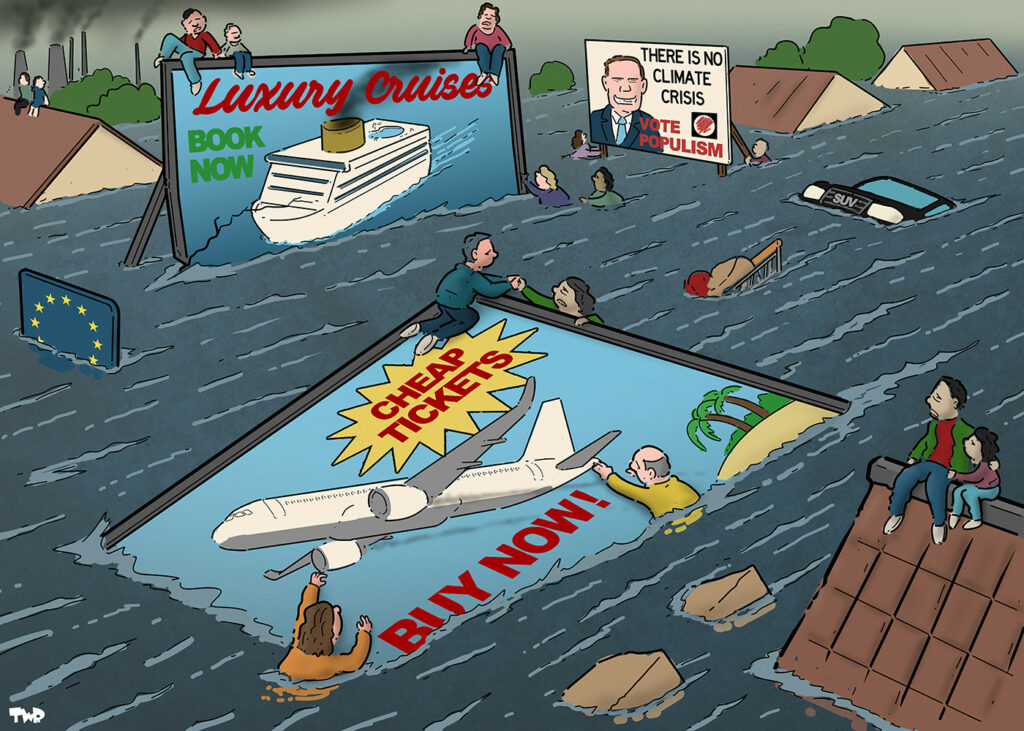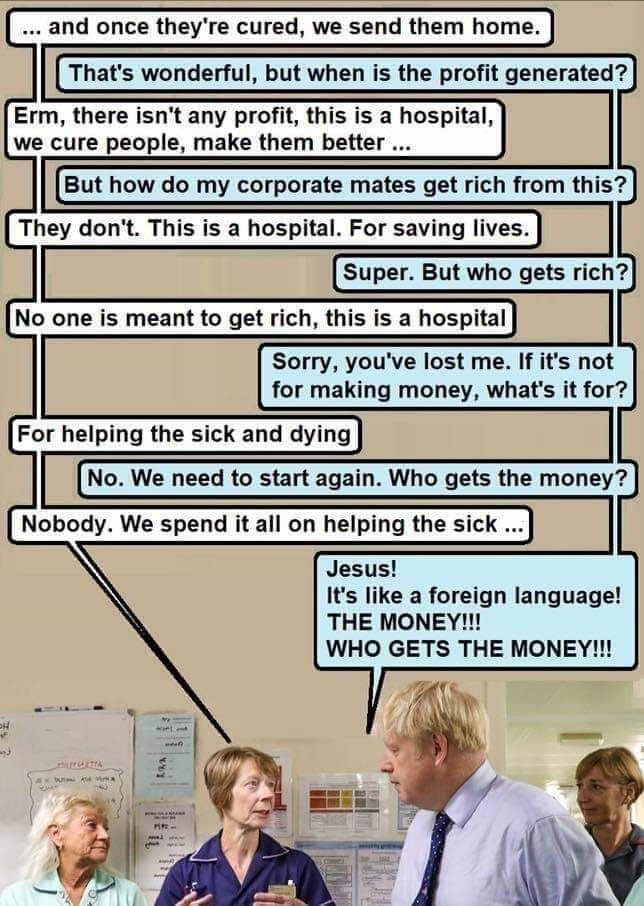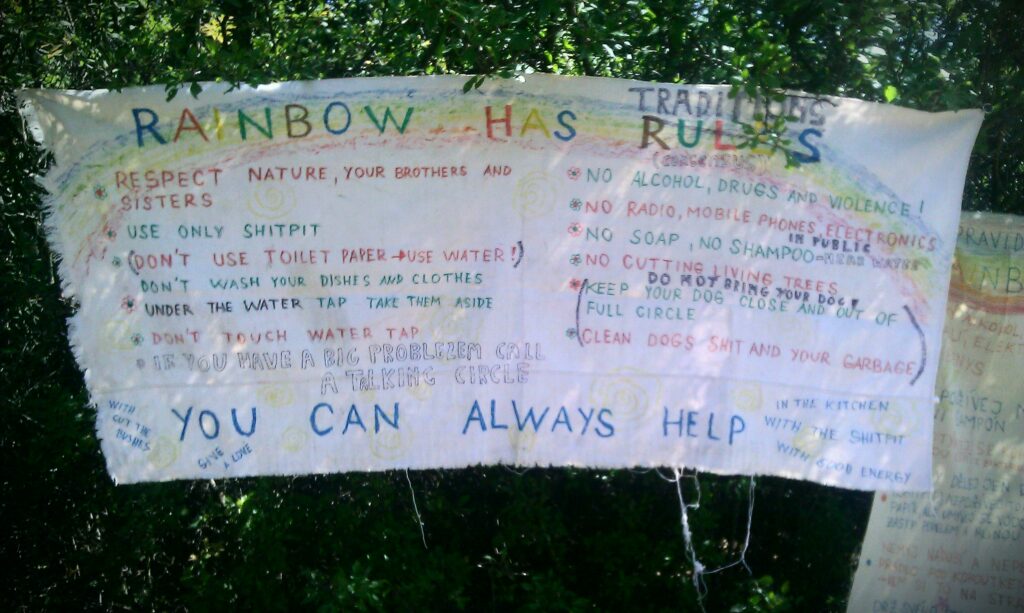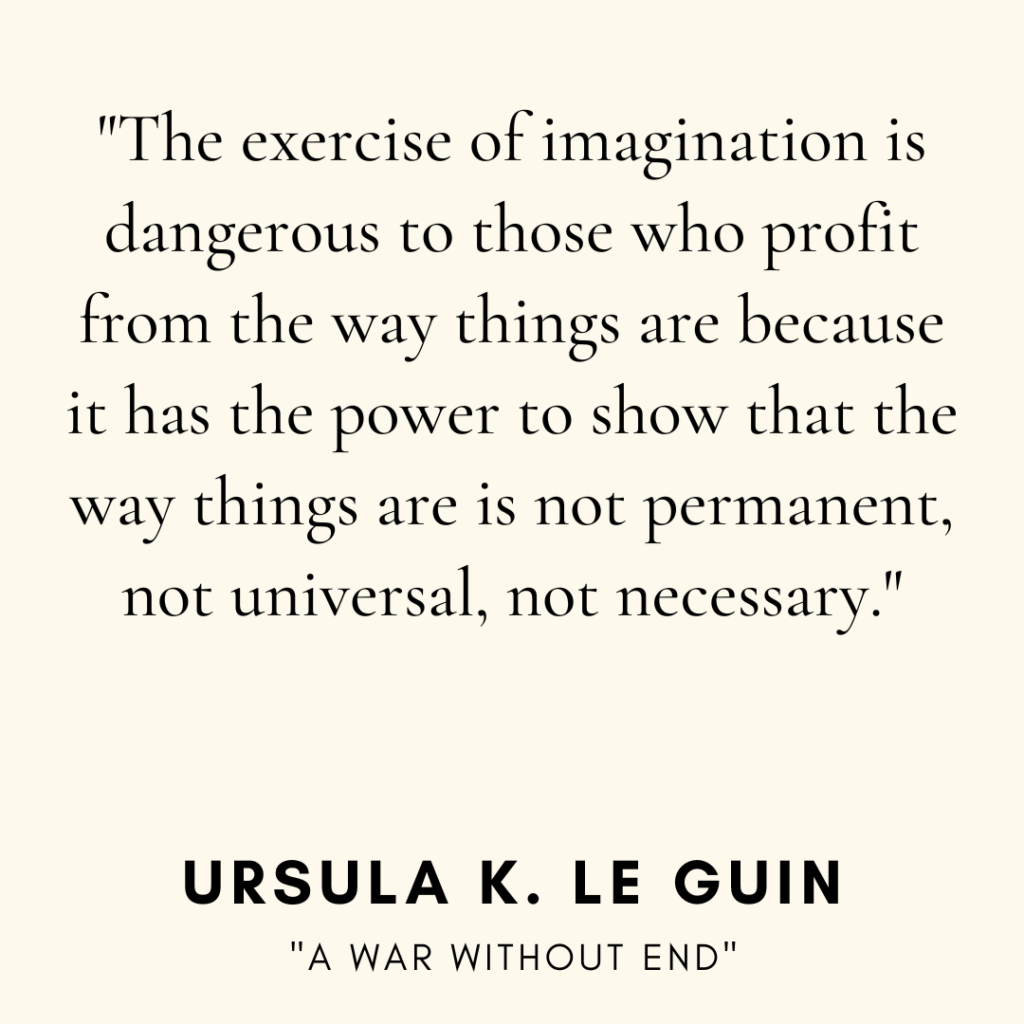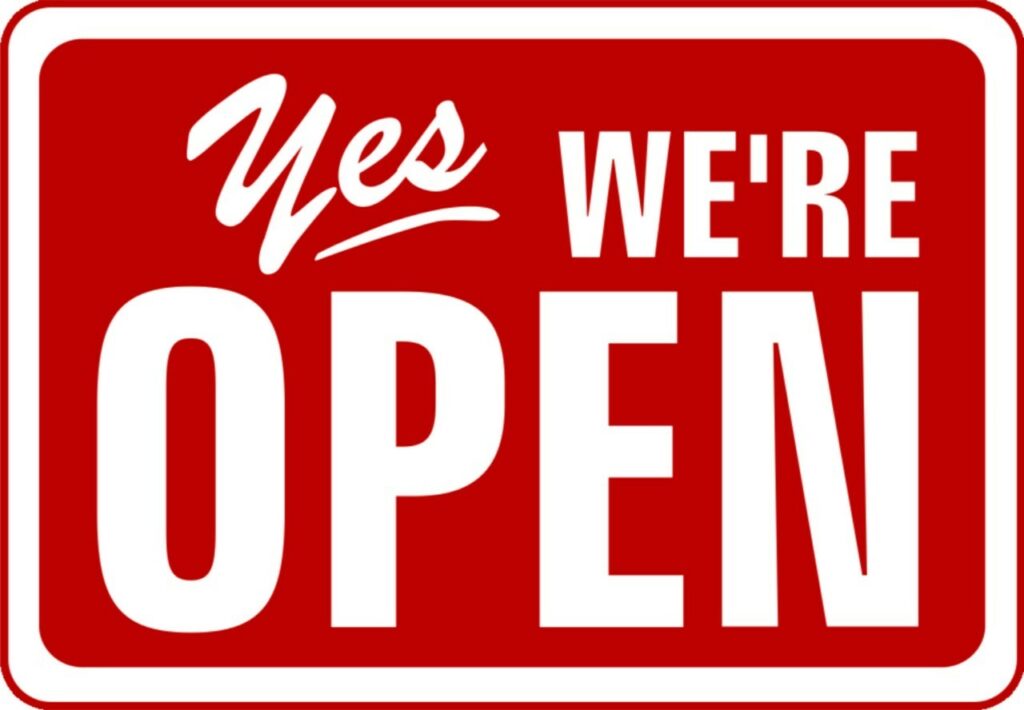What we have now is context collapse and the false continuity of liberalism. Academic and policy discussions assume that the current liberal framework will somehow persist, that the road ahead is bumpy but ultimately paved. But climate science, geopolitics, and resource decline say otherwise. That the liberal “centre” cannot hold under these pressures. Equatorial regions, facing escalating #climatecollapse, are the canary in the coal mine, they are slipping into post-political spaces where governance becomes a matter of force and survival, not policy and debate. Think Mad Max, not Davos. And this future isn’t “far away” – it’s already visible in countries facing water wars, crop failures, and climate migration.
Politics is moving from fantasy to fracture. We need real discussion about the actual future political paths, not the illusion of stability. And those futures will likely be led, or torn apart, by two poles: The hard right, using fear, control, and militarized borders. The progressive left, if it can organize around collective care, resilience, and radical democracy. This tension will define the coming decades.
The Tragedy of the Commons is a poplar right wing story where context matters, Yes, Garrett Hardin’s “Tragedy of the Commons” is ideologically flawed. He was wrong in assuming people can’t manage shared resources. But, and this is crucial, he is right within the logic of capitalism. That’s the tragic part. In a system built on extraction and competition, the commons are often destroyed, not by individuals acting rationally, but by structures rewarding private accumulation and punishing restraint. So in the context of our current #mainstreaming society, the “tragedy” metaphor is useful, not as a universal truth, but as a diagnosis of system failure. Use it carefully. Use it critically. But use it.
One path out of this mess is not to react to #mainstreaming – redirect It – when we react to #mainstreaming with outrage or purity, we feed the spectacle. Instead, we should build and walk our own paths. An alternative path, rooted in care, diversity, and solidarity, slowly force the mainstream to shift, not because we begged it to, but because we created a viable, compelling, and active outside. Think Fediverse vs Twitter. Mastodon didn’t shout at Elon. It just existed, and now journalists and their #mainstreaming assumptions are paying attention.
This leads on to monsters, Fluff, and Spikes, a note on social repression. In any radical space, when you scratch the fluff, spikes come out. This is not a personal failure, it’s a universal human problem, repression, both internal and external. The goal is not to eliminate conflict, but to mediate it through shared values. Respect for diversity, and the desire to debate with respect, is not a weakness. It’s how we build bridges across difference. Radical change without respect just breeds new hierarchies. Real strength is soft-spiked, compassionate, but uncompromising.
Then the next step is “Use and abuse” is a good strategy for dealing with the #dotcons while they continue to dominate our digital and social infrastructure. Why? Because refusing to engage with these platforms outright is the equivalent of shouting into the void – or living in a cave. And caves, while romantic to a certain type of purist, are never effective social solutions.
The truth is this #dotcons are still where the #mainstreaming people live, and mainstream attention is power, even if borrowed. As radicals or progressives, using their platforms to push counter-narratives, while simultaneously undermining their legitimacy and building our own independent infrastructure, is both necessary and strategic. Think of it as exiting from within by using their reach to grow the seeds of your use alt-path.
KISS: Keep It Simple (and Strategic). We don’t need more complexity. We need clarity and cohesion. Use the tools at hand (yes, even the dirty ones). Build better ones. Mediate conflict. Focus on real outcomes. And remember: purity politics is a luxury. Survival and solidarity are not.
A few steps, to become real challenge and challenge, not just a #fashionista wanker (this is a metaphor for non-productive). phhwww… best not to become a prat about this.
